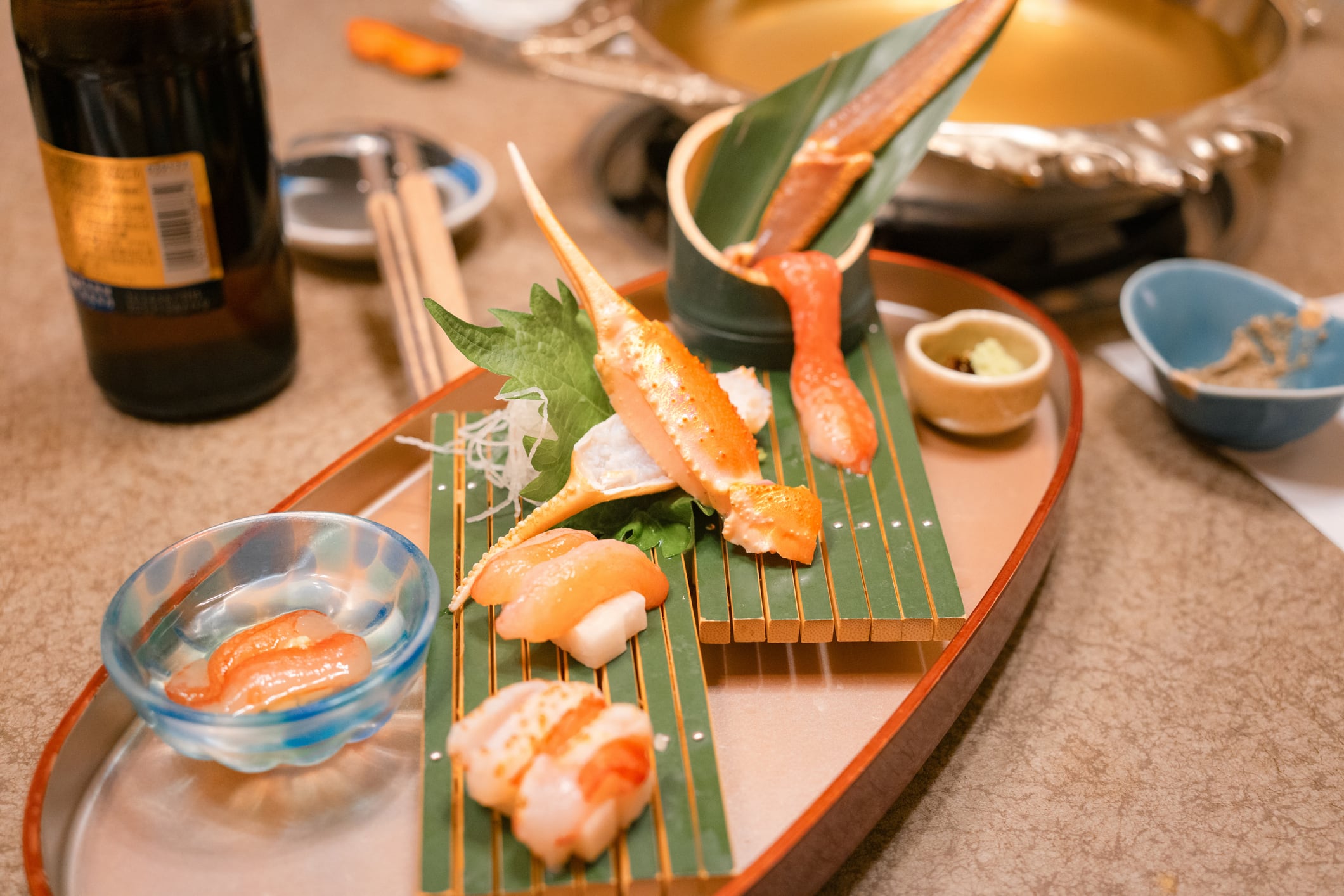China ginseng major launches trendy products to attract Gen Z consumers
China’s Herbal Player has captured traditional ginseng benefits in modern formats such as sodas, aiming to tap on Gen Z interest for convenient functionality
The firm formerly focused on traditional Chinese medicine (TCM), herbal remedies and pharmaceuticals, but is now moving into functional food and beverage products in tandem with the Chinese government’s ‘药食同源 (Food as Medicine)’ national campaign.
Chinese herbal drink giant debuts new globally-focused cans and formats
China herbal tea brand WALOVI launches new cans for sparkling and sugar-free formats, gears up for global rollout with marketing and distribution partners
WALOVI is the “English brand identity” of Guangzhou-based Wanglaoji for penetrating into international markets.
Four products were introduced at the Shanghai launch event: Classic (Ruby Roselle can), No-Sugar (Dawn Orange can), Plain (Golden Glaze can), and Bubble (Misty Blue can).
How Brooklyn Creamery mastered cold-chain in hot markets
Cold-chain innovation by Brooklyn Creamery has powered frozen dessert delivery in challenging markets such as India and UAE
According to the firm’s founder Shivaan Ghai, there is particularly strong interest in markets that with hot weather.
“Our main markets are India and the United Arab Emirates (UAE), both have very hot weather which makes consumers very keen on refreshing frozen desserts,” he told us.
“One of the most important aspects was to design the products and packaging to fit the hot desert climate.”
South Korea boosts K-Food security amid rise in fake products
South Korea is responding to fake food complaints with tighter controls, hoping to safeguard local food industry standards and export trust
The rise of Korean culture popularity has come a wave of those looking to profit off of it, leading to an increase of counterfeit products on the international market – and K-food has been one of the most heavily impacted by this phenomenon.
Over the past few months, Korean newspapers have been full of reports about fake K-foods being sold in markets like China and Thailand.
Japan’s Ladder Inc taps Dagashi trend with US snack box launch
Nostalgic Japanese snack dagashi anchor firm Ladder Inc is pushing into the US snack box market with snack and lifestyle boxes.
These feature uniquely Japanese treats from dagashi (affordable, traditional little snacks) to premium matcha and anime-inspired items.
These snack boxes are sold under the brand Japan Flavor Quest.





